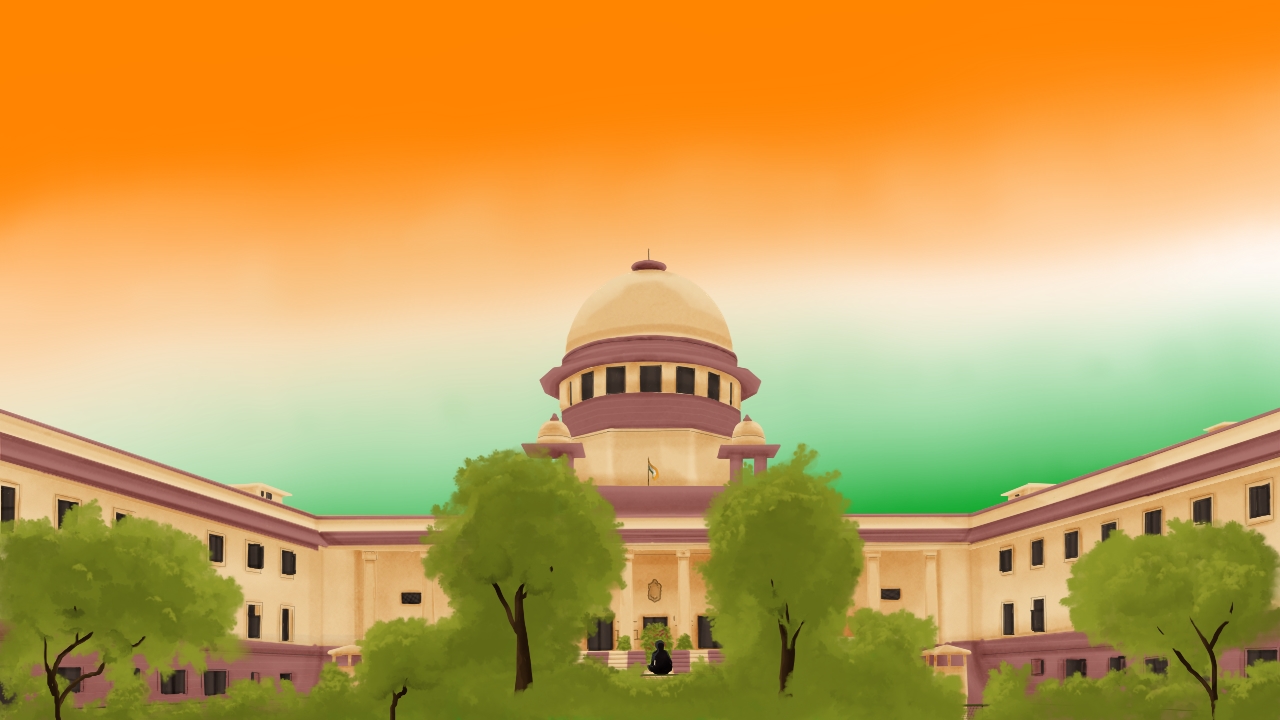Period Of Limitation For Filing Petition Under S.34 Arbitration & Concilliation Act, 1996 To Be Reckoned From The Date Of Receipt Of The Signed Copy Of The Arbitral Award: Supreme Court

The Top Court, while dealing with the computation of Limitation period in a case where the dissenting opinion of one of the Arbitrators was provided later to the parties, held, “There is only one date recognised by law i.e. the date on which a signed copy of the final award is received by the parties, from which the period of limitation for filing objections would start ticking. There can be no finality in the award, except after it is signed, because signing of the award gives legal effect and finality to the award.”
A Division Judge Bench of Justice Indu Malhotra and Justice Ajay Rastogi, while allowing the present appeal, reiterated, “If the law prescribes that a copy of the award is to be communicated, delivered, despatched, forwarded, rendered, or sent to the parties concerned in a particular way, and since the law sets a period of limitation for challenging the award in question by the aggrieved party, then the period of limitation can only commence from the date on which the award was received by the concerned party in the manner prescribed by law.”
Issue: Whether the period of limitation for filing the Petition under Section 34 of the Arbitration and Conciliation Act,1996 (“Act”) would commence from the date on which the draft award or the date on which the signed copy of the award was provided?
The appellant corporation contended that its objections had been erroneously dismissed by the Additional Civil Judge as well as the High Court on the sole ground of limitation and not on merits. It was submitted that reference to the ‘Arbitral Award’ in the Act includes both the majority award as well as the minority opinion.
It was averred that Section 31(1) of the Act provides that all the members of the Tribunal shall sign the award. Section 31(2) of the Act which permits an award to be rendered so long as it is signed by the majority of the members and reasons for omission of the signature of the third arbitrator is mentioned, applies only in the case of a unanimous award. Section 31(2) of the Act has no application when there is a dissenting view rendered by one of the arbitrators.
Respondents contended that the objections filed by the appellant corporation under Section 34 of the Act are barred by limitation since the majority award was pronounced on 27.04.2018 and the limitation period applicable under Section 34(3) of the Act would commence from this date.
The Bench observed, “In an Arbitral Tribunal comprising of a panel of three members, if one of the members gives a dissenting opinion, it must be delivered contemporaneously on the same date as the final award, and not on a subsequent date, as the tribunal becomes functus officio upon the passing of the final award. The period for rendering the award and dissenting opinion must be within the period prescribed by Section 29A of the Act.”
It was further observed, “The period of limitation for filing the objections to the award u/S. 34 commences from the date on which the party making the application has ‘received’ a signed copy of the Arbitral Award, as required by Section 31(5) of the 1996 Act. Section 34(3) provides a specific time limit of three months from the date of ‘receipt’ of the award, and a further period of thirty days, if the Court is satisfied that the party was prevented by sufficient cause from making the application within the said period, but not thereafter.”
In the facts and circumstances of the present case, the Bench noted that even though the award was pronounced on 27.04.2018, the signed copy of the award was provided to the parties only on 19.05.2018; “The procedural orders of the tribunal reveal that on 27.04.2018, only a copy of the award was provided to the parties to point out any computation error, any clerical or typographical error, or any other error of similar nature which may have occurred in the award on the next date. It was also recorded that the third arbitrator had dissented and would be delivering his separate opinion. The proceedings were then posted for 12.05.2018. On 12.05.2018, the third arbitrator pronounced his dissenting opinion. On that date, the tribunal posted the matter to 19.05.2018, to enable the parties to point out any typographical or clerical mistakes in the dissenting opinion and for handing over the original record of the proceedings to the parties.”
It was on 19.05.2018 that the signed copy of the Award and the dissenting opinion, along with the original record, were handed over to the parties, as also to each of the Arbitrators.
Allowing the present appeal, it was held that the period of limitation for filing objections would have to be reckoned from the date on which the signed copy of the award was made available to the parties, that is, on 19.05.2018 in the instant case. Matter restored to the Court of District and Sessions Judge Haryana to be decided on merits.
[Reference was placed on; Union of India v. Tecco Trichy Engineers, (2005) 4 SCC 239, State of Maharashtra v. Ark Builders, (2011) 4 SCC 616, Anilkumar Jinabhai Patel v. Pravinchandra Jinabhai Patel, (2018) 15 SCC 178, State of Himachal Pradesh v. Himachal Techno Engineers, 10 (2010) 12 SCC 210, Snagging Engineering & Construction v. NHAI, (2019) 15 SCC 131]
Case Title: Dakshin Haryana v. M/s Navigant Technology | Civil Appeal No. 791 of 2021
